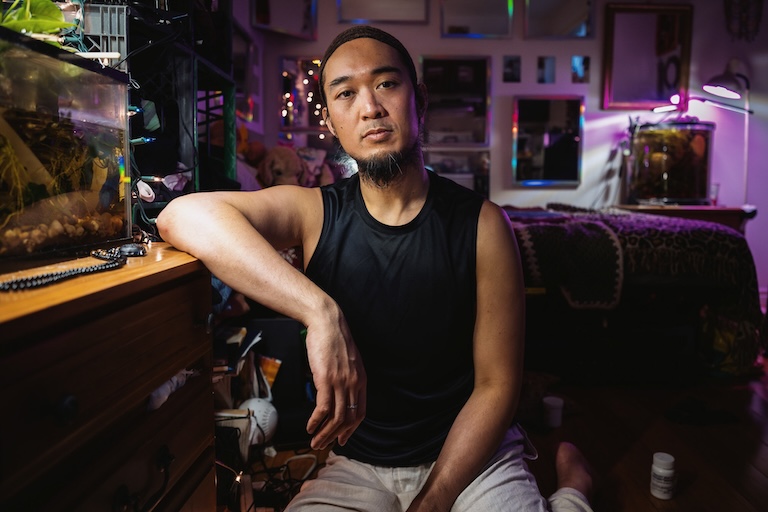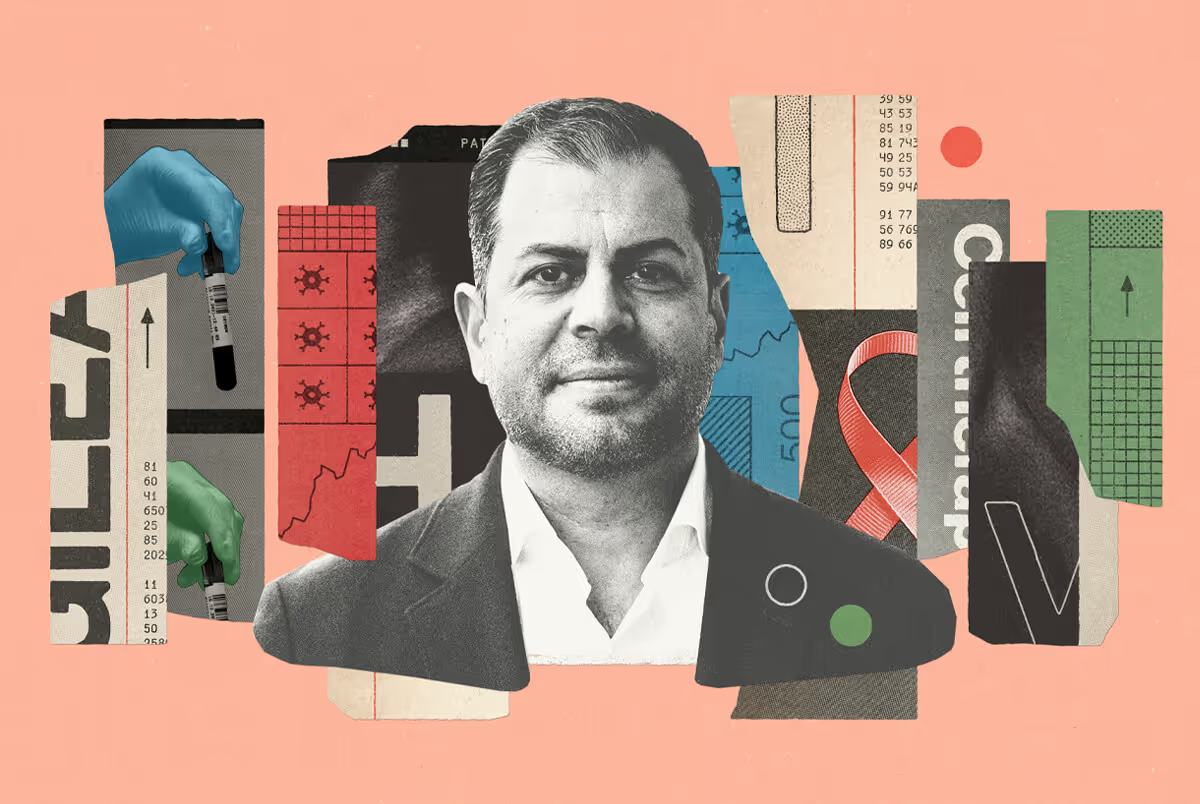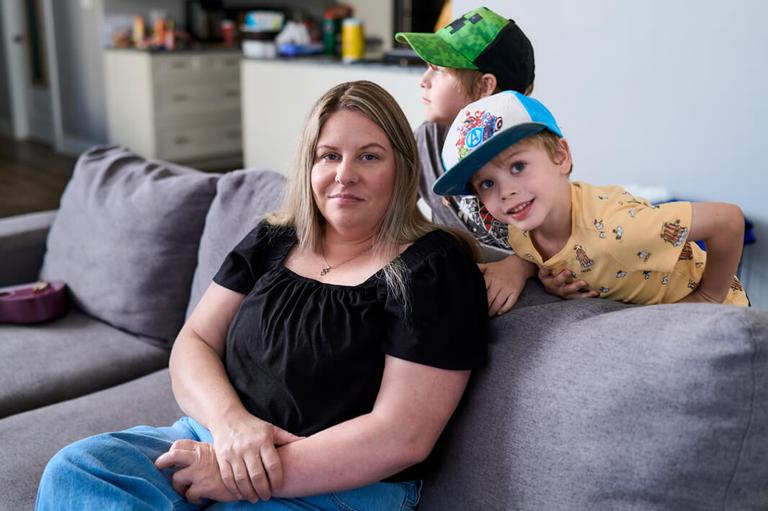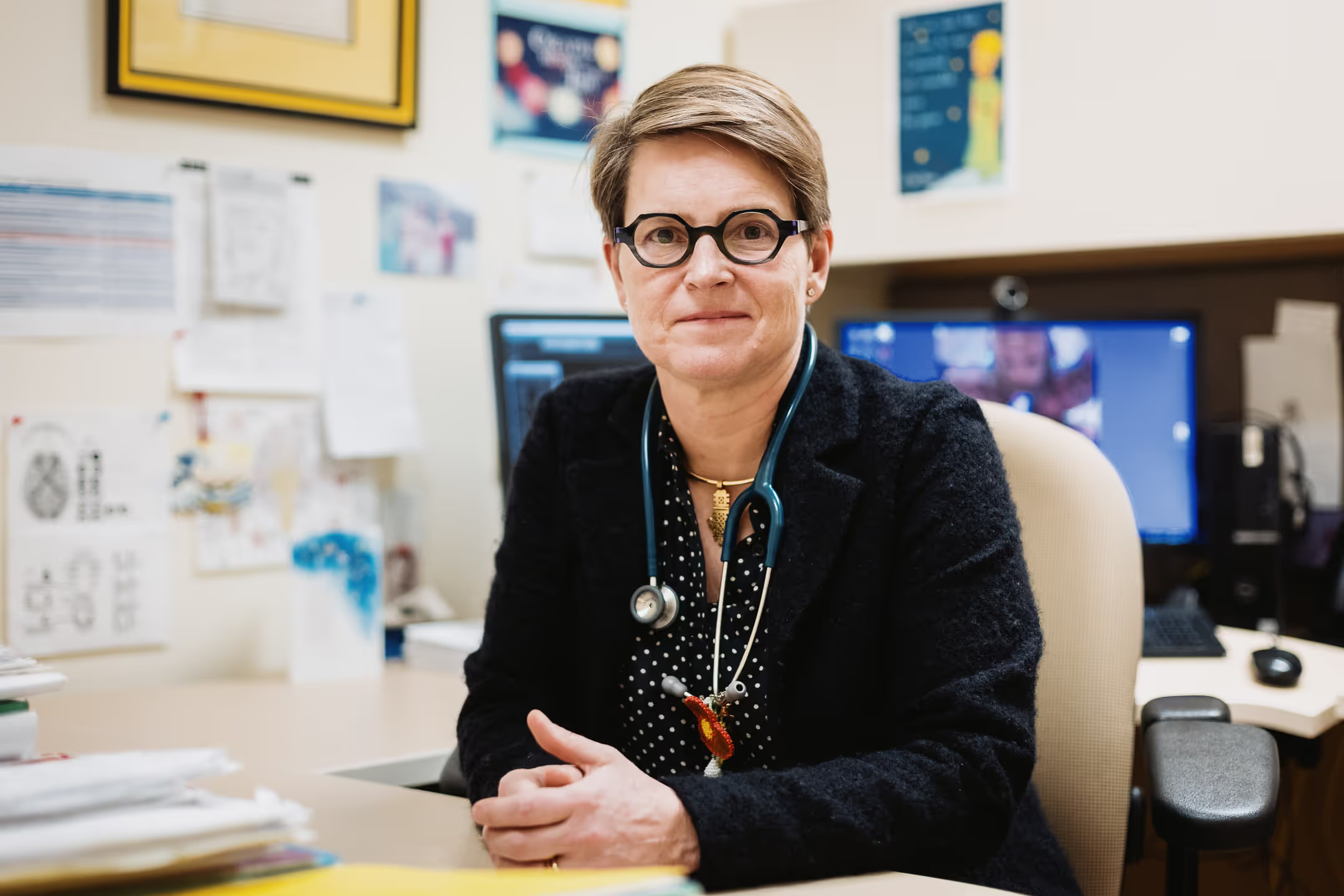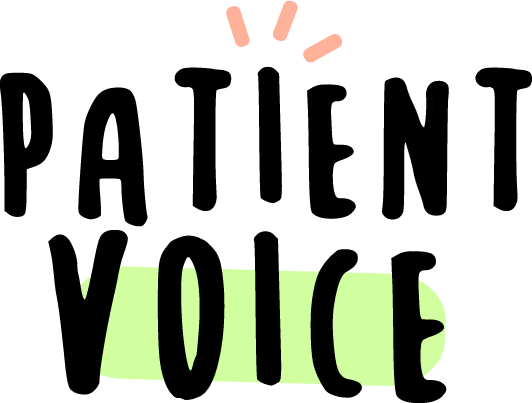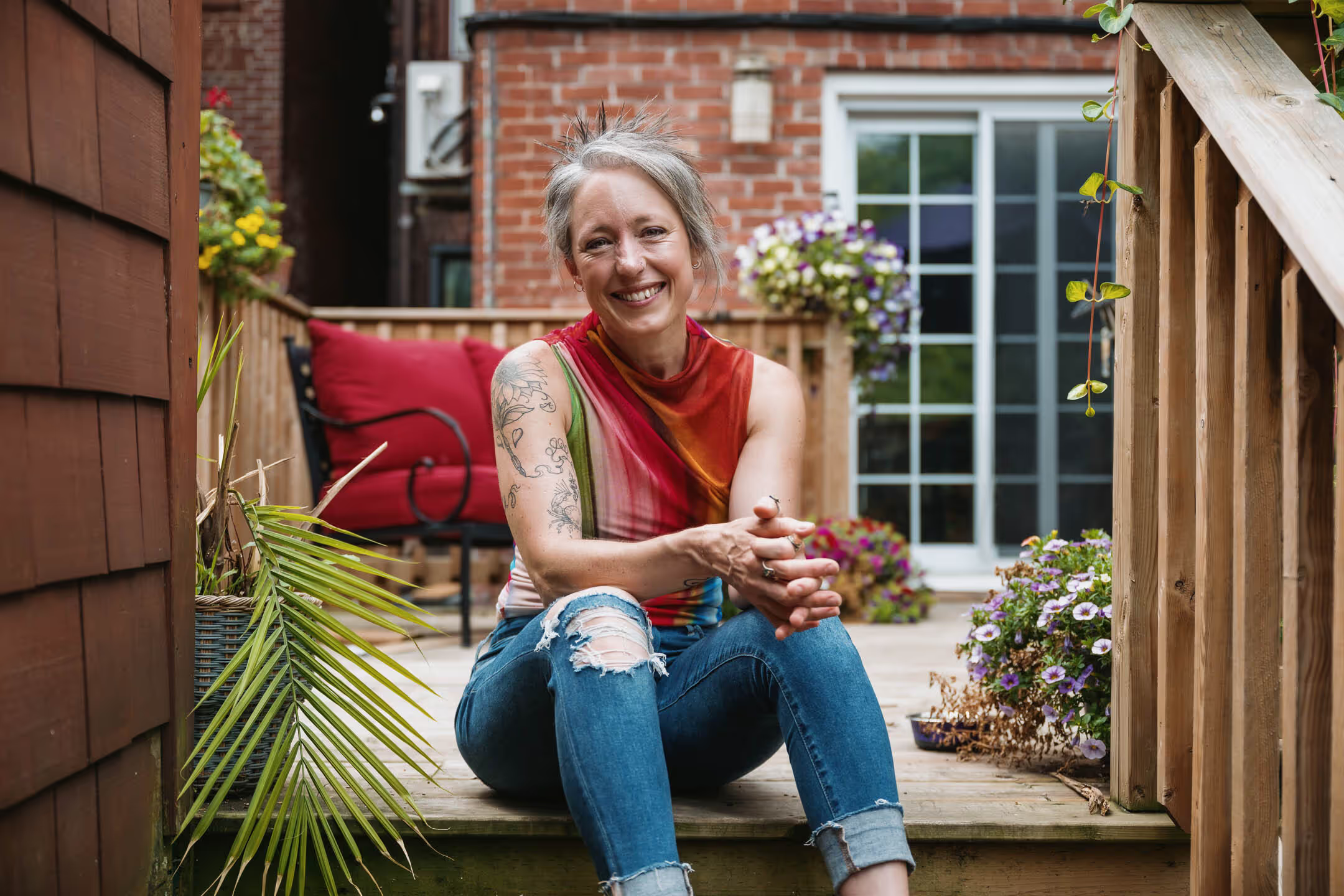
Lisa Machado | @iamlisamachado
It was 2008 — about four months after a blood cancer diagnosis. My kids were just one and three, and I was weighed down by fatigue, fear, and uncertainty. Despite minimal medication side effects and a good prognosis, I found myself lying in bed one Saturday morning, paralyzed by anxiety, unable to get up. My mother stood at the foot of the bed firmly telling me to “pull up my socks” because at least I was alive. Yes, yes, I was, thankfully. But that life was different now. And even though she was just a few feet away, I had never felt more alone.
I was a financial journalist at a magazine just before all of this went down, hanging out with bow-tied quant guys and telling stories about the value of retirement savings and how to predict the moves of squirrelly stocks and mutual funds. These stories held power — not just to shape investment decisions, but to spark dialogue and build communities around shared experiences and perspectives. And when the markets were bad, our readers— and our team — found comfort from chaos in the comments section. In fact, when we were planning content in rough times, we’d start our meetings with one question: “Can we write ourselves out of this?”
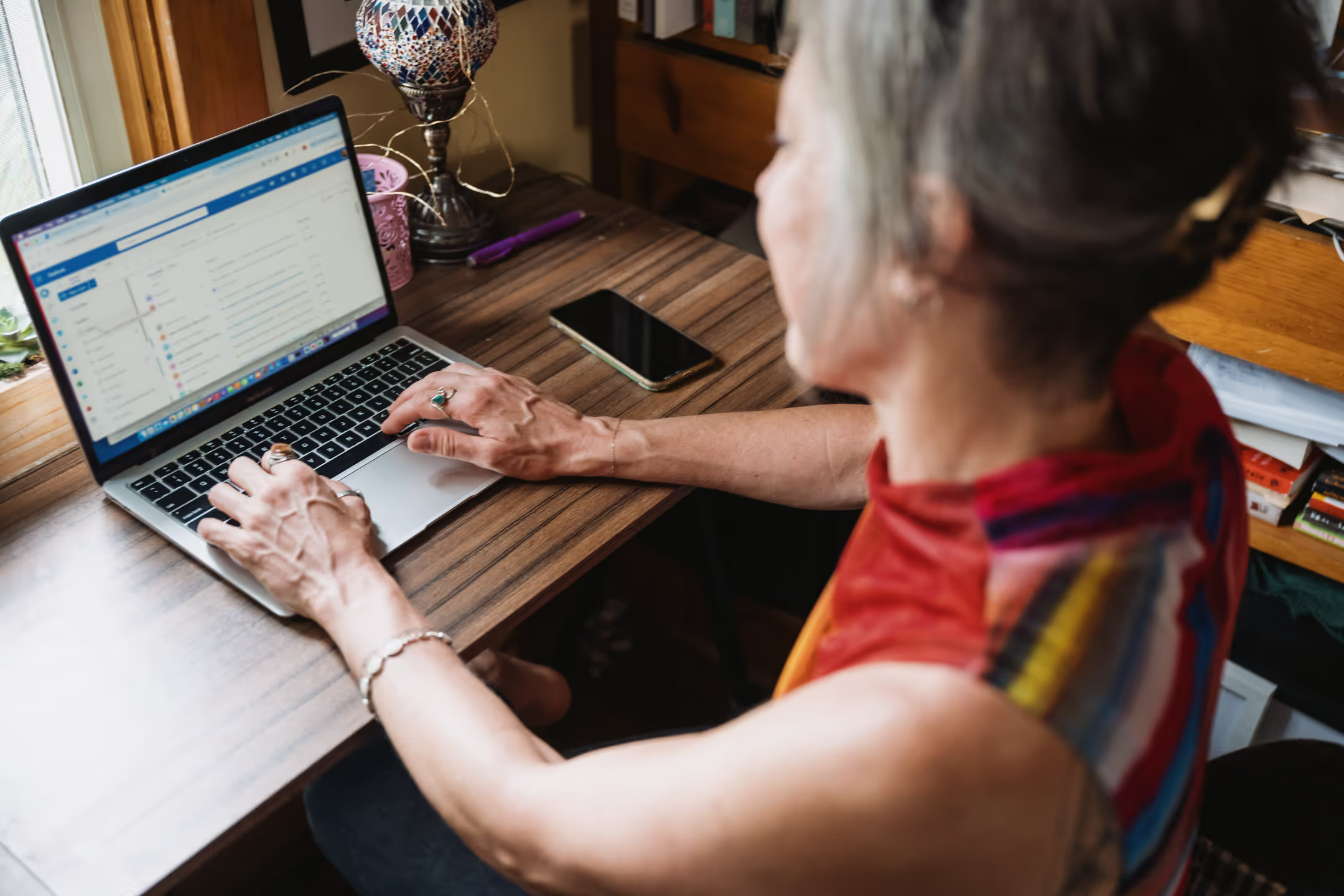
As I laid in bed that morning in 2008, sad, scared, and lonely, I wondered the same: “Can I write myself out of this?”
More than a decade later, after sharing easily hundreds of stories about everything from my diagnosis and clinical trial access to the emotional impact of living with cancer and building a patient community, I can’t say that I’ve written my way out of anything. I still get scared and sad and uncertain. But each time I attend a patient conference, skim LinkedIn’s growing lived experience content, or meet with caregivers, the energetic healing buzz that comes from these dialogues reminds me that, similar to the old days of wonky stock markets and underperforming RRSPs, when it comes to recovery, finding calm in chaos, and building community, there’s nothing more powerful than storytelling. In fact, there’s even an official name for it: narrative therapy.
“Lived experience must be protected and valued. It deserves to land in spaces that not only support the teller of the story, but that also involve people who understand the power of these narratives and who are committed to elevating and amplifying them.”
And it’s not just finding comfort in the fact that you aren’t alone, although that’s one critical benefit of sharing experiences. Telling your story can be empowering — it’s something you can choose to do during a time when you might feel that you don’t have many choices. It can also help you process what’s happening, allowing you to “write yourself out” of hefty emotions and thoughts and maybe even use your words to ask others for support. There are intriguing health advantages of storytelling as well, including reducing anxiety and stress, improving sleep, and easing emotional distress. Just ask the WHO, Harvard, and even Oprah.
But perhaps the most beautiful thing about sharing our stories is that, if given the space, they have the capacity to become so much larger than just us as individuals. Once our experiences are out in the wild, they have the power to transform health care, influence policy, and improve outcomes. In other words, lived experience has the potential to change everything.
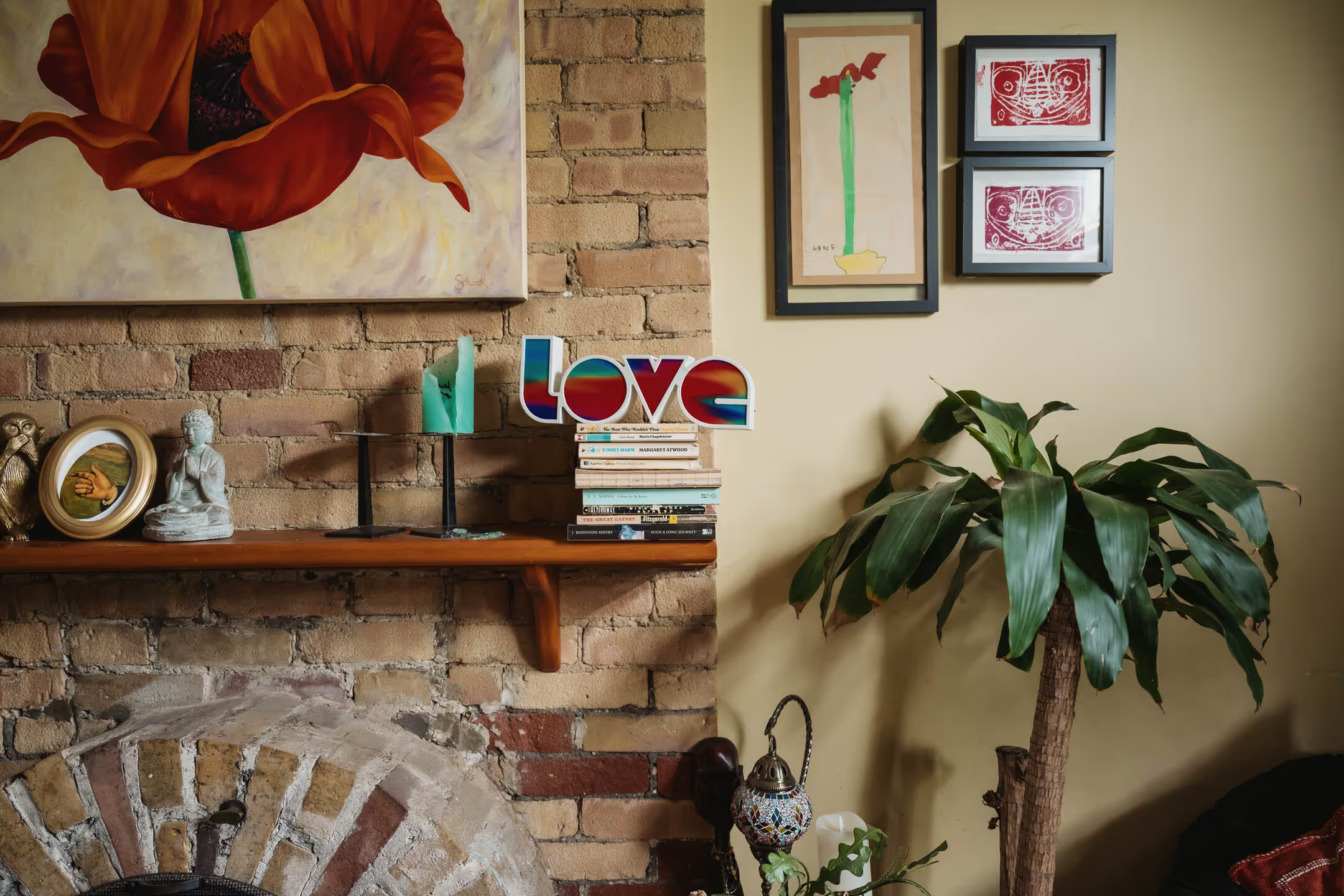
Still, despite its benefits, storytelling comes with a cost. Every time we share our experiences, we revisit pain, fear, uncertainty, and often loss, whether we’re conscious of it or not. This is exhausting and emotionally taxing, and can contribute to burnout. This personal price makes self-care important when sharing experiences, and also highlights the need to recognize this work as an expertise worth getting paid for. That said, there may be times when money isn’t involved, yet there are other advantages that make the effort worth it, such as the opportunity to get experience, connect with people who can potentially help support you in the change you’re advocating for, or network with like-minded people. Maybe it’s a stepping stone to something bigger and better.
Consider also, for a moment, the potential implications of storytelling on employment and career-building. Someone who worked in HR once asked me if I ever worried that potential employers, having read my stories about life as a patient, would toss my CV because of concerns about the time I may need off for appointments or illness, the burden my medications might put on their benefits plan, or, in terms of business continuity, my life expectancy. I hadn’t considered the career-limiting potential of sharing my story, but over the years, I’ve heard many patients describe difficulties finding and even keeping a job after a diagnosis. It’s a cautionary tale to consider when disclosing your health to the masses — because once your story is out, there’s no going back.

There’s something else to think about, though, and that’s where we choose to leave our stories. Lived experience must be protected and valued. It deserves to land in spaces that not only support the teller of the story, but that also involve people who understand the power of these narratives and who are committed to elevating and amplifying them. You know, the kind of spaces that have events that are billed as being about patient engagement and actually have patients on panels and at the podium. Or the publication that’s proud of its track record of spotlighting patient and caregiver stories and is dedicated to standing behind them. Or the organization that embeds lived experience in its business models, right down to clinical trials. Maybe it’s even an industry group with a large network that will not only promote you, but also share your story far and wide simply because of a deep belief that it’s the right thing to do.
Storytelling is not for the faint of heart, but man, choosing to do it can be incredibly rewarding and healing. Start with what moves you because what moves you will move others. Protect your soul as you move forward, leave your words in places that will take good care of them, and then get out of the way and let the magic happen. After all, we may not be able to “write ourselves out” of a diagnosis, a poor prognosis, or even the complicated joy of recovery, but we can use our stories to make sense of it all, help others, and improve the experiences of those who will come after us.
Lisa Machado has been living with CML since 2008. She’s also the founder of the Canadian CML Network. Lisa can be reached at lisa.machado@outlook.com.
